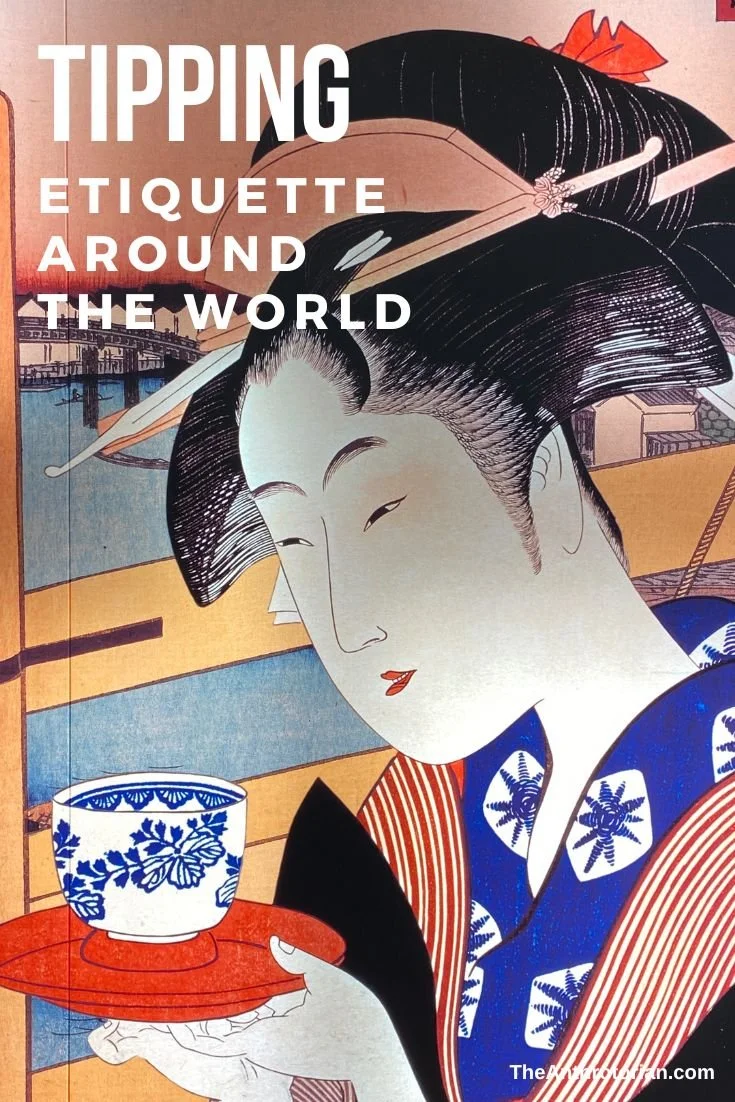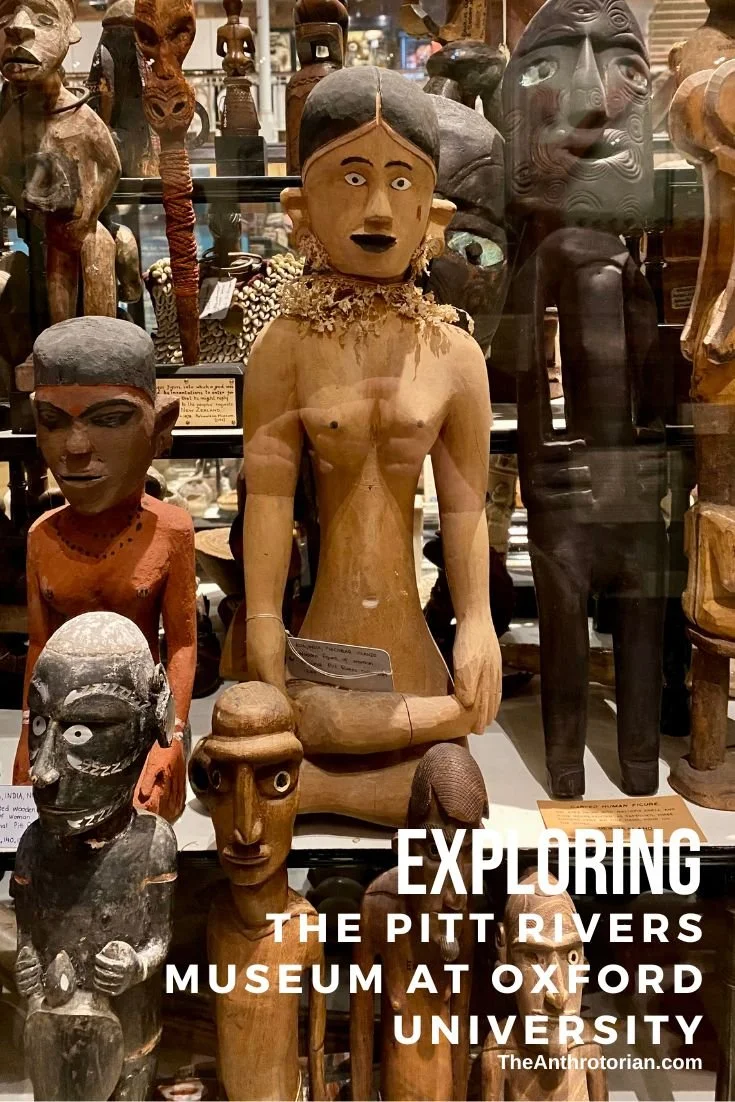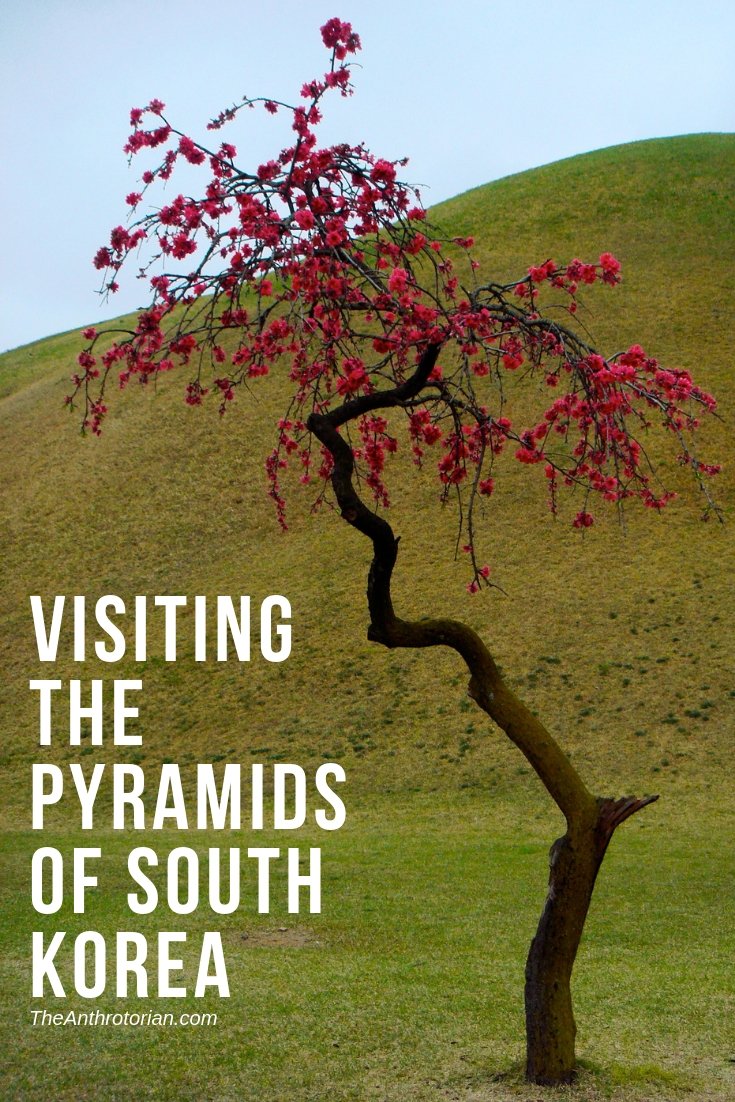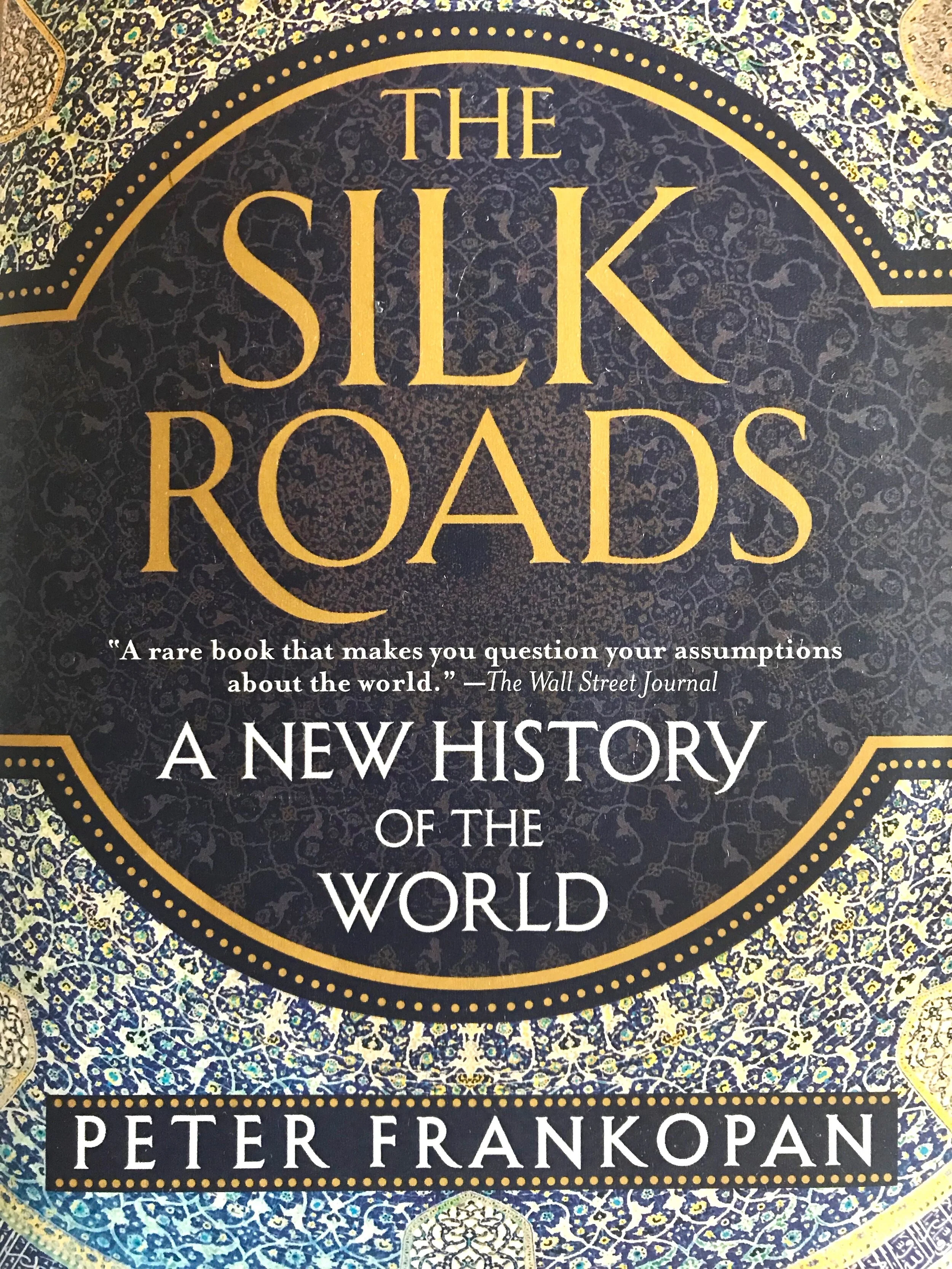For example, do you know what jandals are?
While if you are from Australia you do, but if you are from North America, you might know them as flip-flops, sandals, or thongs (not the underwear though — see, our language is confusing!)
Bling is another word for often tacky or very large jewelry, and anyone from Canada will know that a Double Double is a coffee with 2 creams and 2 sugars from the bakery-cafe Tim Hortons — but the Irish might pour you a really strong drink if you ask for one there.
To make things even more complicated for non-native speakers, our language is full of idioms (it is estimated that around 25,000 are widely used), for example telling someone they have "a chip on their shoulder" or that something is "a dime a dozen." To native speakers, these are perfectly normal phrases but tell them to someone who is just learning how to speak English and they will check their shoulder to see if someone dropped a potato chip on them, or ask where they can find a dozen of something for a dime — what a deal!
Still, think English is easy? Check this out:
"Let's face it — English is a crazy language. There is no egg in eggplant, nor ham in hamburger; neither apple nor pine in pineapple. English muffins weren't invented in England or French fries in France. Sweetmeats are candies while sweetbreads, which aren't sweet, are meat.
If the plural of tooth is teeth, why isn't the plural of booth, beeth? One goose, 2 geese. So one moose, 2 meese? One index, 2 indices? If teachers taught, why didn't preachers praught? If a vegetarian eats vegetables, what does a humanitarian eat?
English was invented by people, not computers, and it reflects the creativity of the human race, which, of course, is not a race at all. That is why, when the stars are out, they are visible, but when the lights are out, they are invisible."
Pin Me!





























